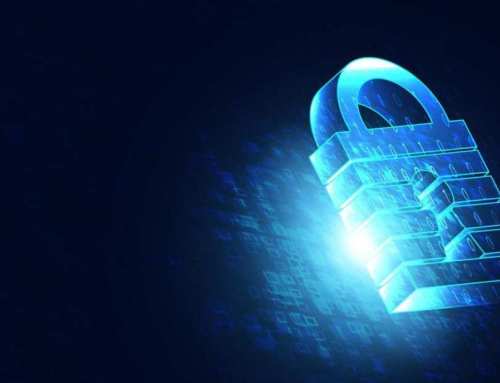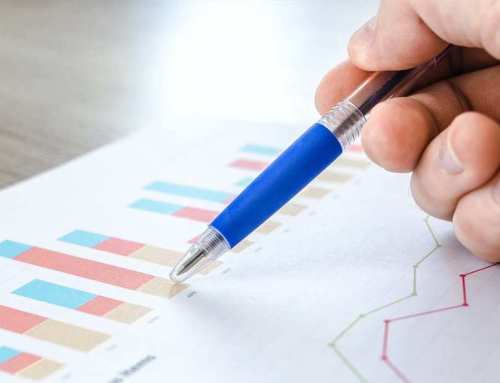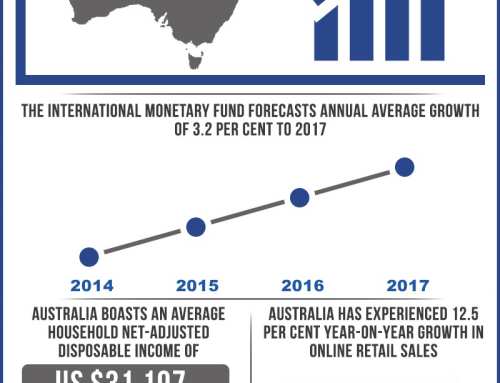If you run a business with a turnover of less than $50 million, there is a bonus tax deduction that you will probably be able to claim, to some extent, in the tax return of the business for the financial year ended 30 June 2024.
The bonus deduction applies to certain purchased assets or improvements to assets that were ‘installed ready for use’ in the financial year ending 30 June 2024 – but your accountant will need your help to be able to claim this bonus tax deduction.
Bonus tax deduction
For the year ended 30 June 2024 (only) a bonus tax deduction of 20% is available for eligible expenditure. For example, if you spend $5,000 of eligible expenditure, your business will be entitled to an extra tax deduction of $1,000. However, the maximum amount of expenditure on which the bonus deduction can be claimed is $100,000, which translates to a bonus tax deduction of $20,000.
What is eligible expenditure?
The bonus deduction is called the ‘small business energy incentive’. Its purpose is to give an incentive to business operators to increase the electrification of their business or to make it more energy efficient. Broadly, there are three categories of expenditure. These are:
- You purchase an asset that uses electricity and there is a new, reasonably comparable asset that uses a fossil fuel available in the market
- You purchase an asset that uses electricity and it is more efficient than some other new, reasonably comparable asset.
- You purchase an energy storage item or an item that enables you to use energy more efficiently, such as the monitoring of energy use.
What cannot be claimed
There are some assets that are excluded from the bonus deduction. These are:
- Assets that predominantly use fossil fuel
- Assets that have the sole or dominant purpose of generating electricity (e.g. solar panels)
- Capital works (buildings)
- Motor vehicles
- Software development pools
- Financing costs
Examples
Here are some examples of eligible expenditure:
- Purchase of a reverse cycle air conditioner instead of a gas fuelled heater.
- Purchase of a new refrigerator that is more efficient than another new refrigerator
- Purchase of a battery that stores renewable energy
A problem
But there is a problem with making the claim for this type of expenditure and your accountant will need your help to identify the eligible expenditure. The problem is the items may not appear readily in the information you give to your accountant to complete the financial statements of your business and tax return. The items may be too small in value or may be ‘buried’ in the contents of a general ledger account.
So, you can help your accountant to save you tax by thinking through the assets you have purchased during the year ended 30 June 2024 and highlighting them to your accountant. A good starting point is to identify any purchase of an asset in your business that uses electricity. You will also need to show that this is more energy efficient because there are fossil fuelled assets that do the same thing as your electrically driven asset or the asset you purchased is more energy efficient than another new asset that could have been purchased.
Conclusion
Maximising your tax savings through the bonus tax deduction for the financial year ending 30 June 2024 requires proactive collaboration with your accountant. By identifying and highlighting eligible expenditures, you can ensure that your business takes full advantage of the available deductions. Remember, this incentive not only helps reduce your tax liability but also promotes energy efficiency within your business operations. Take the time to review your asset purchases and work closely with your accountant to secure these valuable tax benefits.
Contact Us
For personalised assistance and expert advice on maximising your tax deductions, contact Allied Business Accountants today. Our experienced team is here to help you navigate the complexities of tax regulations and ensure your business remains compliant while optimising its financial health.









